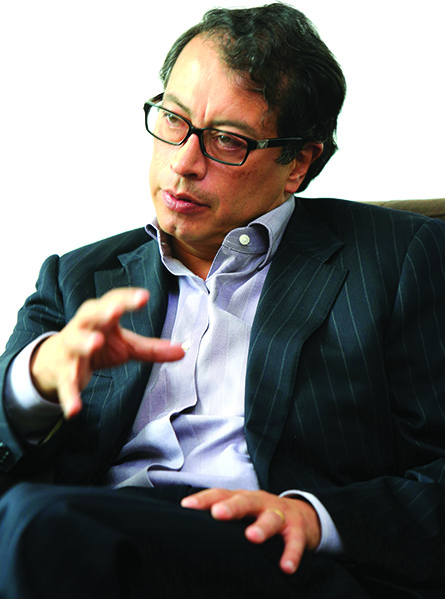
The FARC peace delegation on their arrival at the Palace of Conventions in Havana, Cuba. Photo: farc-ep.org
FARC marks Colombian independence day with the start of a new ceasefire while Santos orders an end to airstrikes on rebel camps
The latest round of talks kicked off in Havana on July 23 in what many are calling a ‘new phase’ of the peace process, with concessions and commitments on both sides of the negotiating table.
The FARC began a new unilateral ceasefire on July 20 as Colombia celebrated its 205th anniversary. It marked the end of a difficult three months, in which violence had reached its worst levels since talks began in November 2012.
In turn, on July 25, President Juan Manuel Santos ordered an end to airstrikes on FARC positions around the country, saying that from now on, “such attacks can only be carried out by explicit order of the president.”
The move was in line with the accord reached between FARC and the government on July 12, in which the two sides committed to steps to de-escalate the violence.
They also agreed to accelerate the signing of a final peace agreement and to work towards terms of a bilateral ceasefire – something the government has previously been unwilling to do.
Crucially, the parties have agreed to a timeframe of four months – taking the talks to the end of November – after which they will assess their progress and act accordingly.
The question of justice continues to be a sticking point. FARC negotiator Ricardo Tellez told reporters in Havana that the rebel fighters are not looking for impunity. “Granting impunity would not be recognising responsibility”, he said.
However, the FARC negotiators are stressing the importance of justice on both sides, and calling for the immediate configuration of the Truth Commission.
“We repeat: before applying the criminal justice process, it is imperative to know the truth”, Tellez said.
While Inspector General Alejandro Ordoñez was quick to denounce the halting of airstrikes as “giving in to the demands of the FARC”, many have greeted the new developments with cautious optimism.
Indeed, former president and now Senator Álvaro Uribe – who has been a staunch critic of the process – softened his stance, recently signalling he is willing to give peace talks a chance.
“There is a change in the discourse, between what was heard [recently] and what we’ve heard many times in the past”, Uribe said during a Senate debate on the progress of the peace talks.
“They are now speaking with more clarity about handing in their weapons. They’ve addressed that word that has generated so much ambiguity in the history of Colombia, that is of abandonment”, he added.
By Emma Newbery





